Turmeric Pills
)
)
)
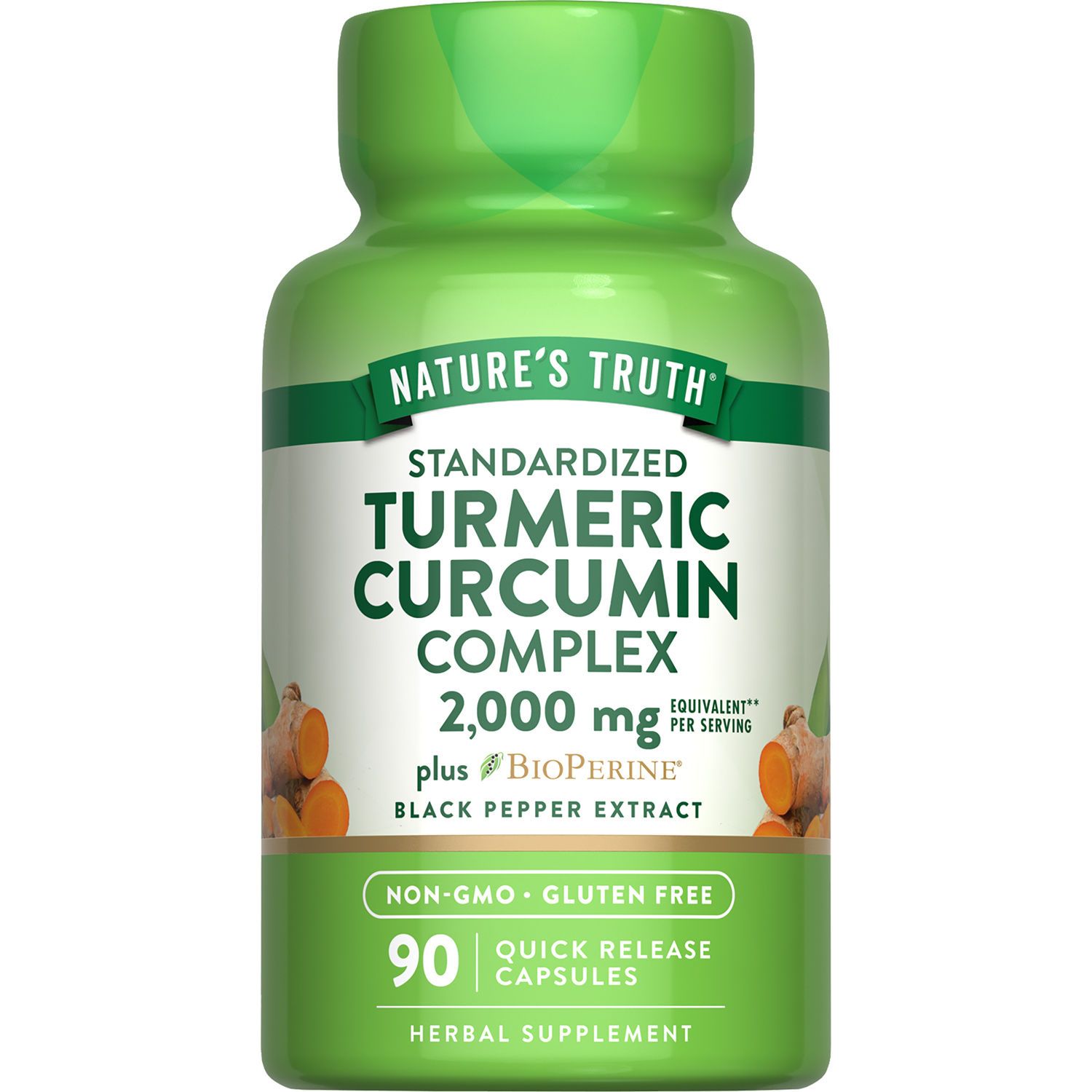)
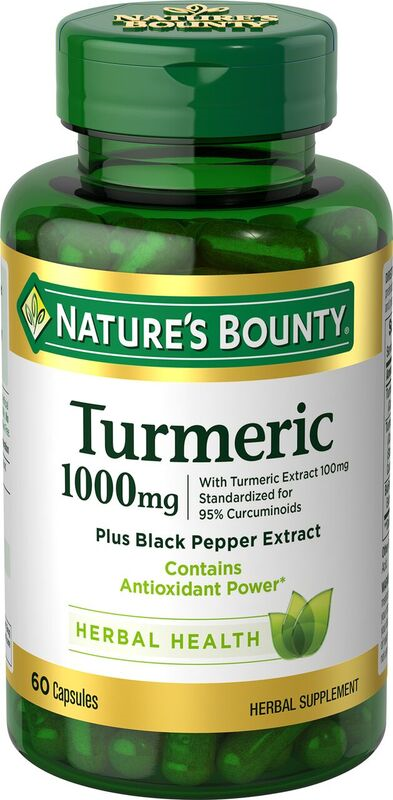)
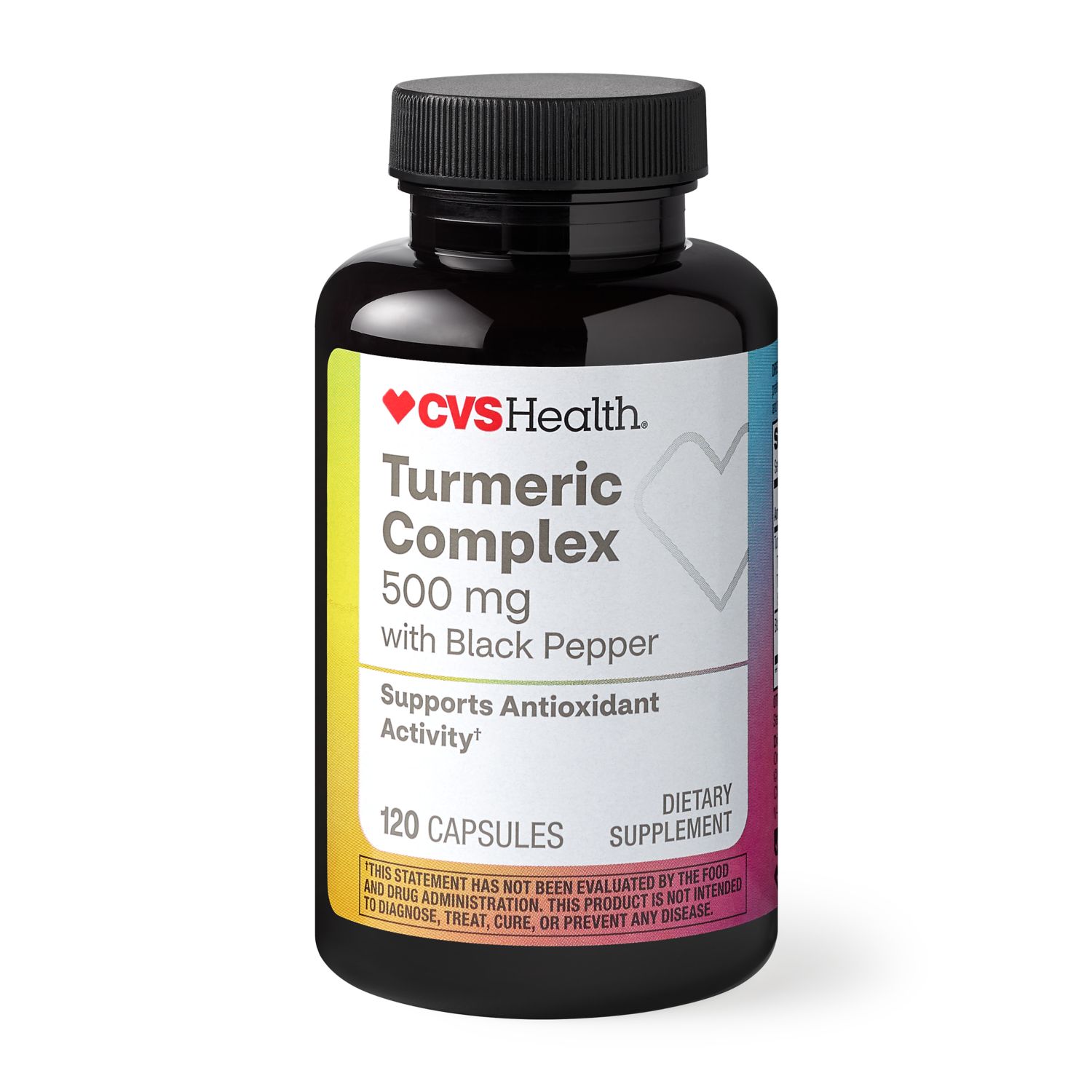)
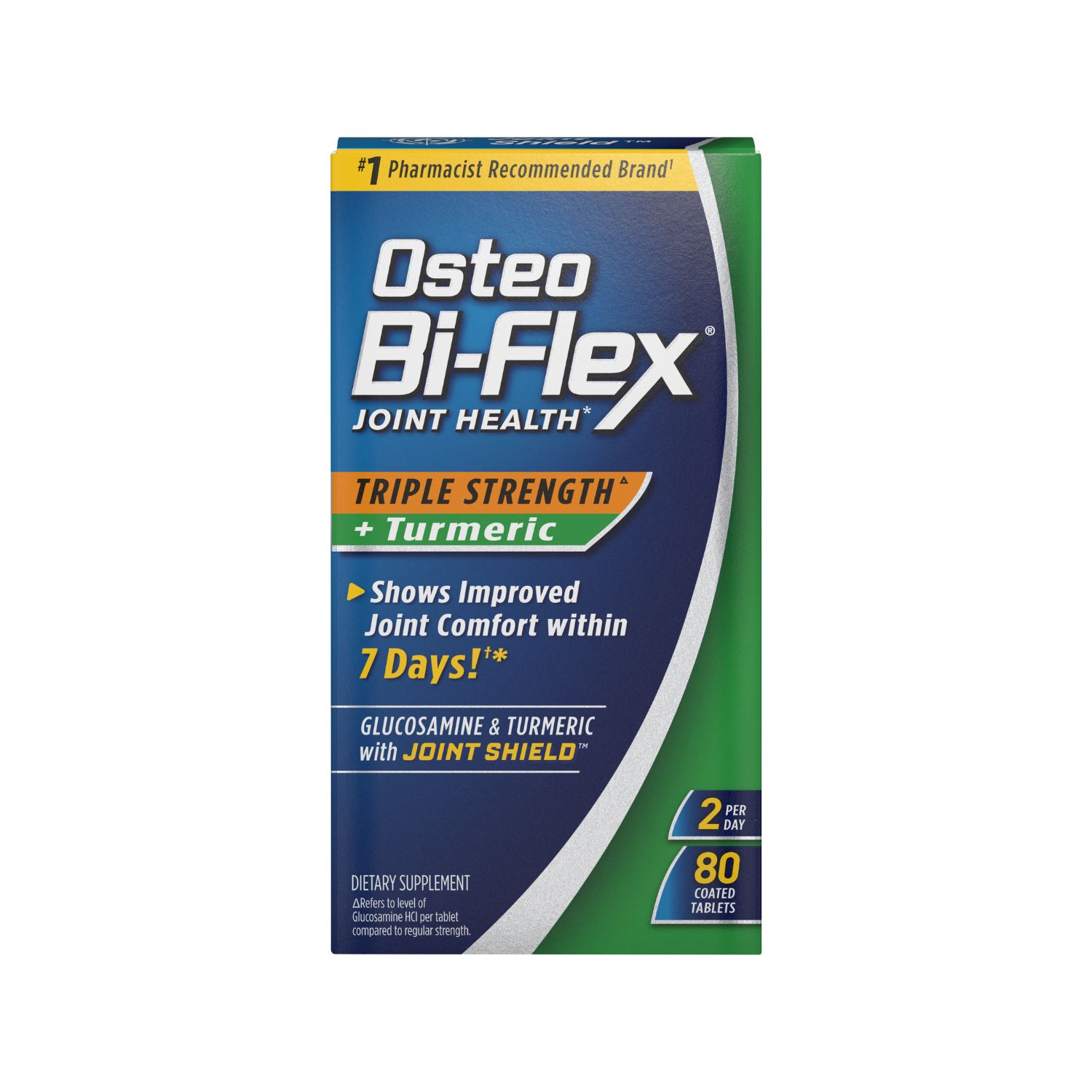)
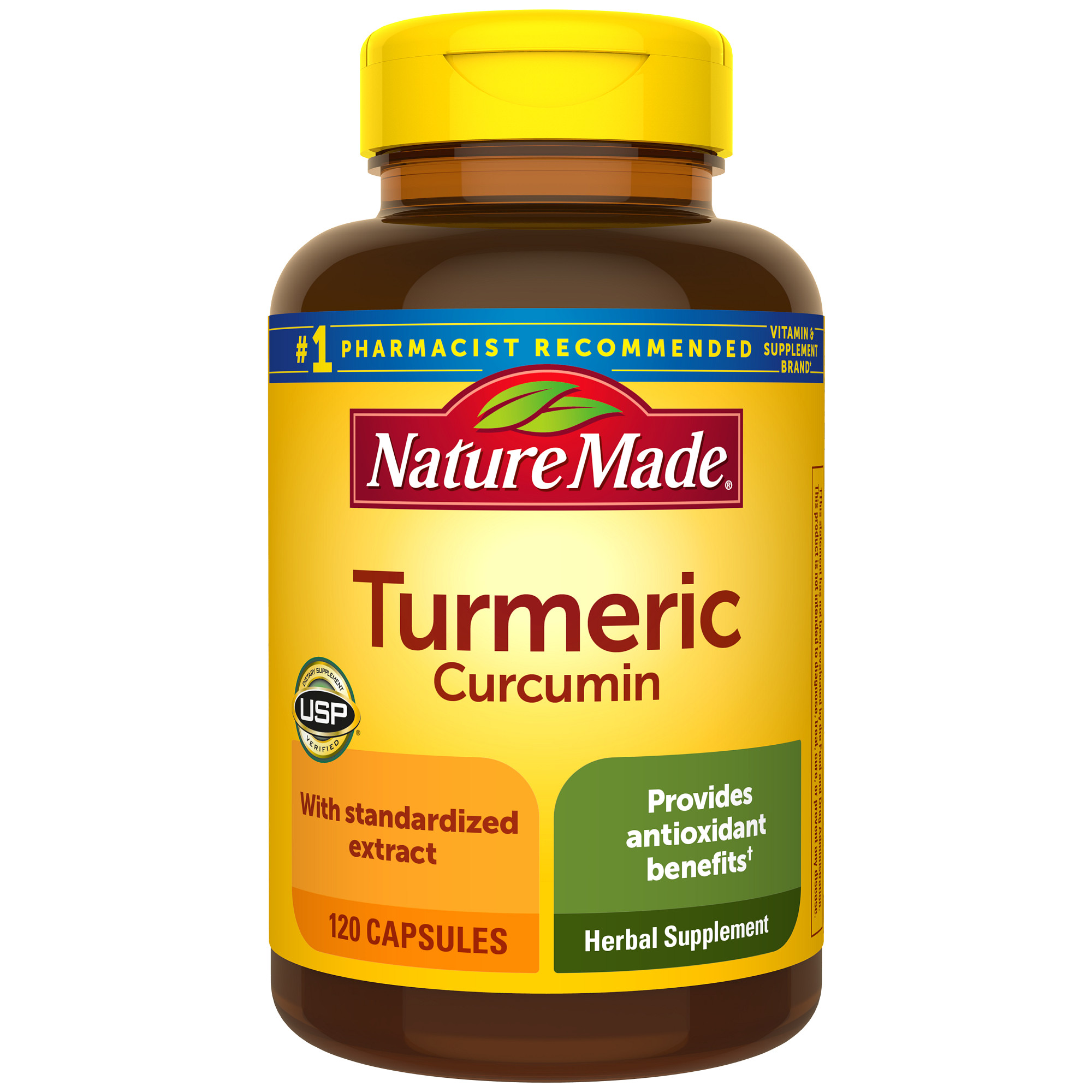)
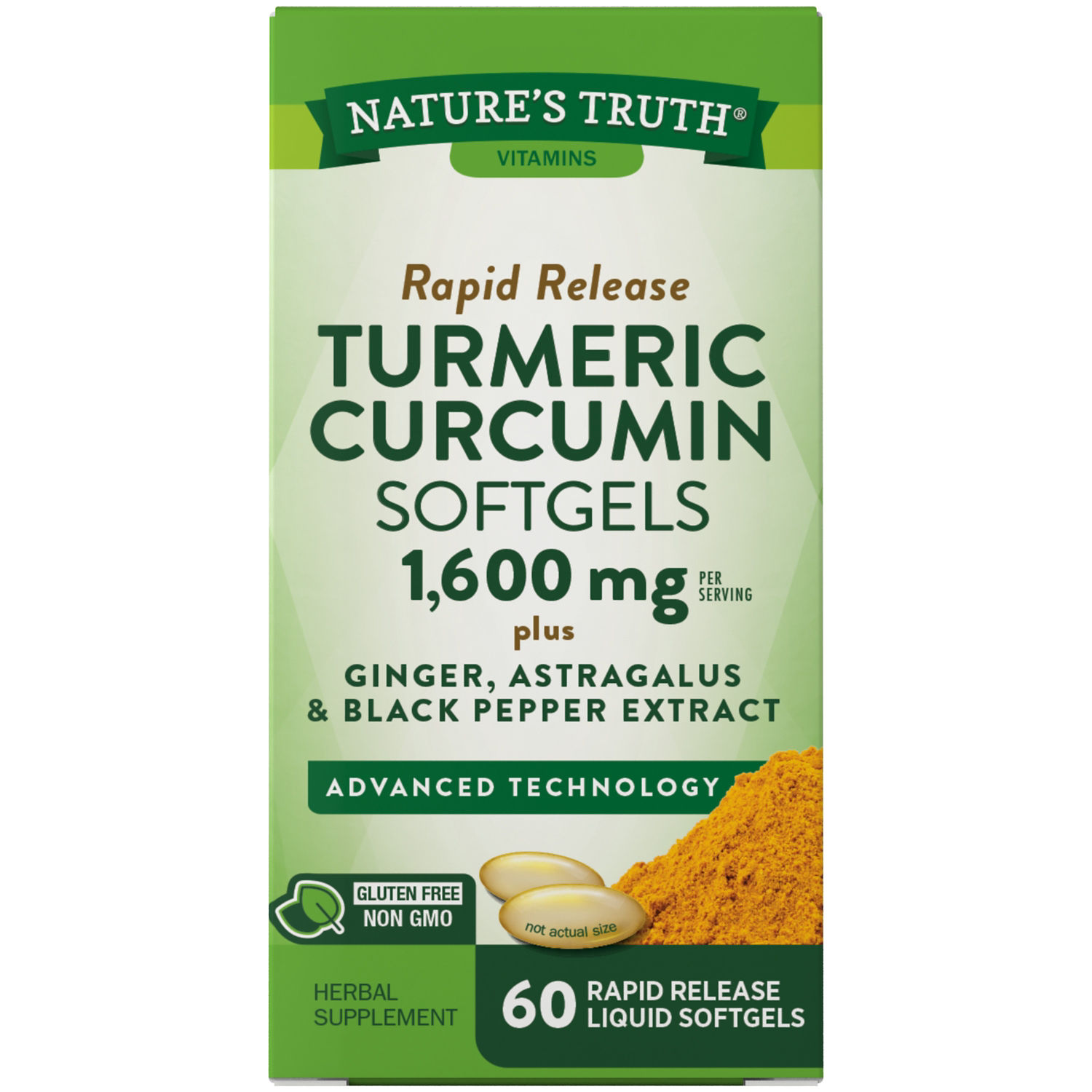)
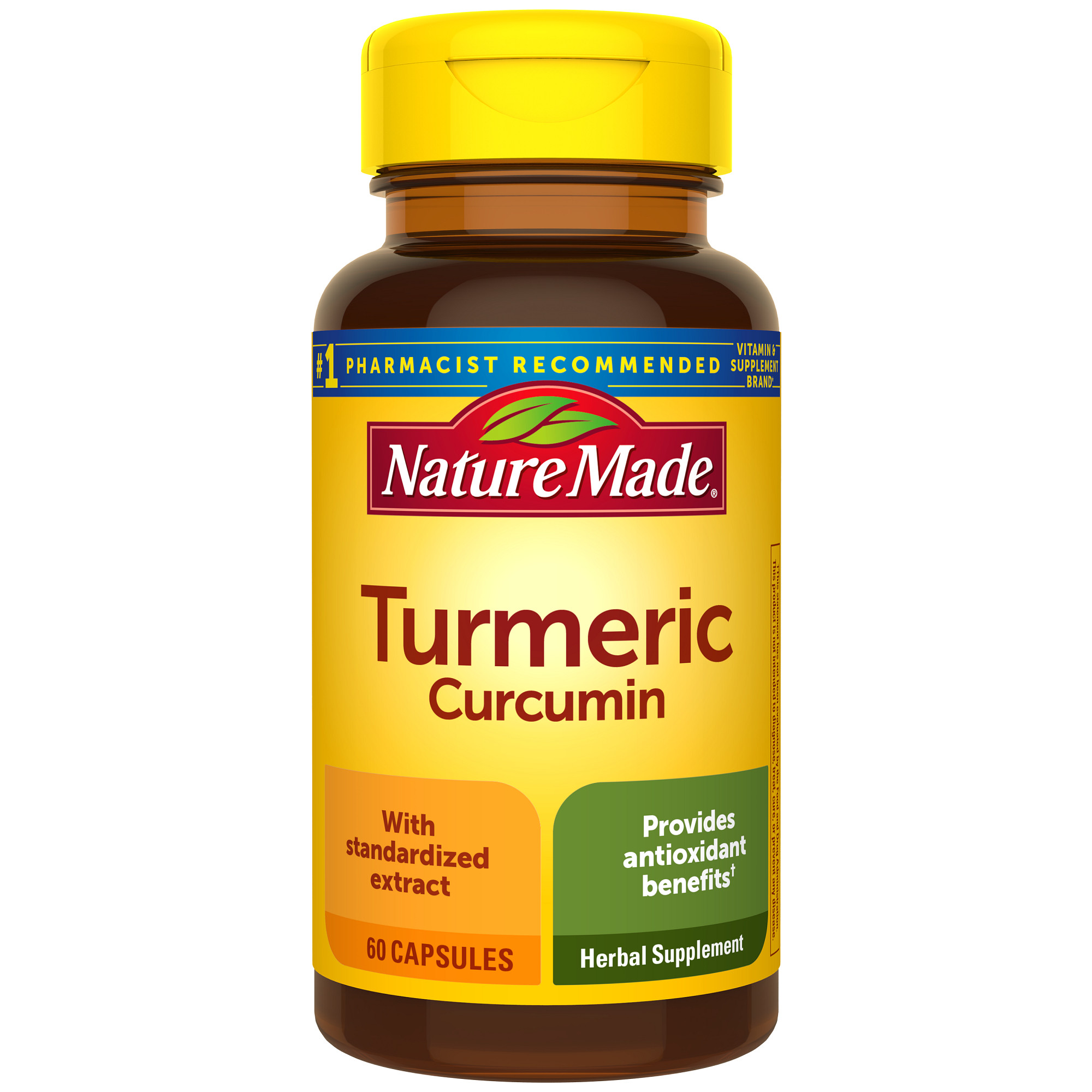)
)
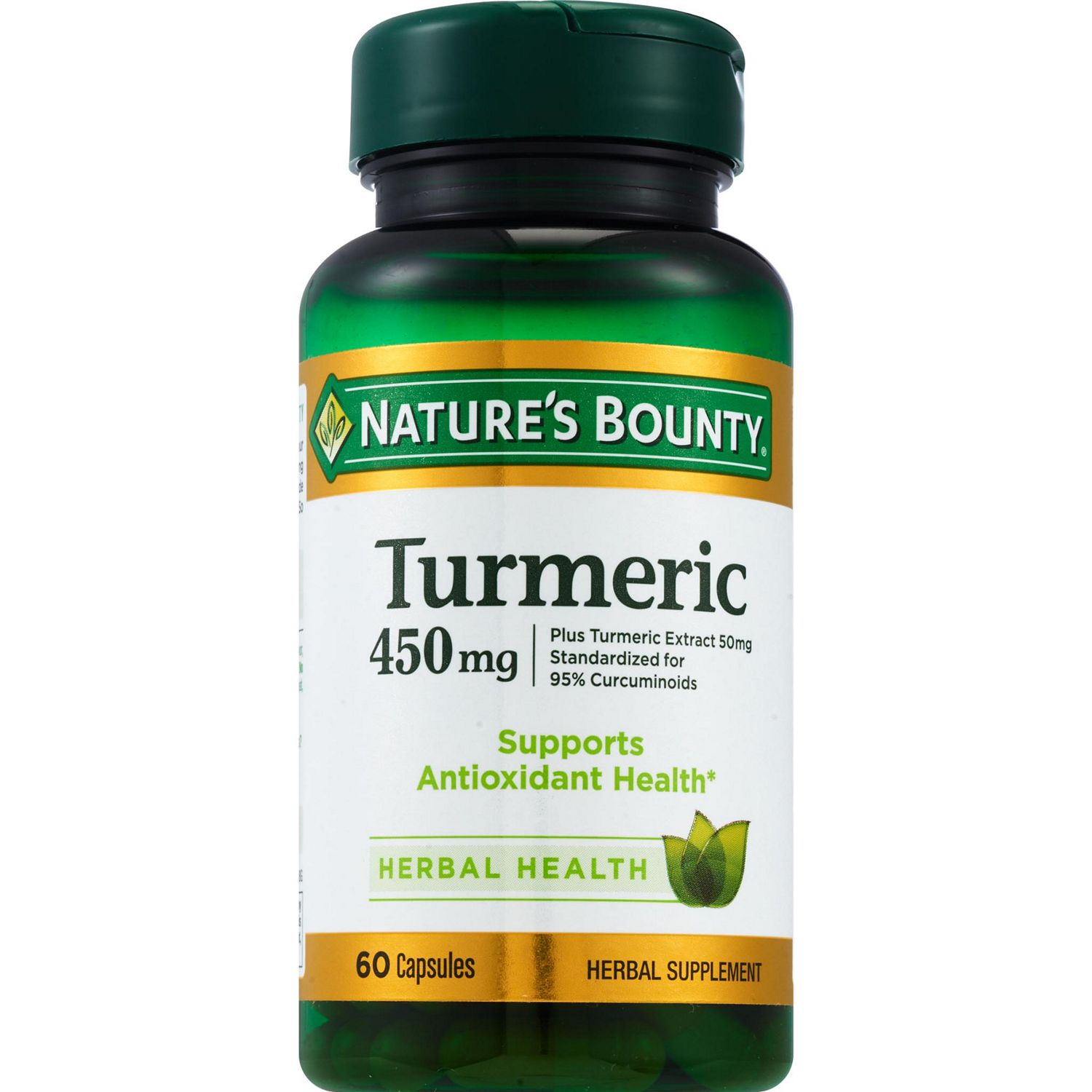)
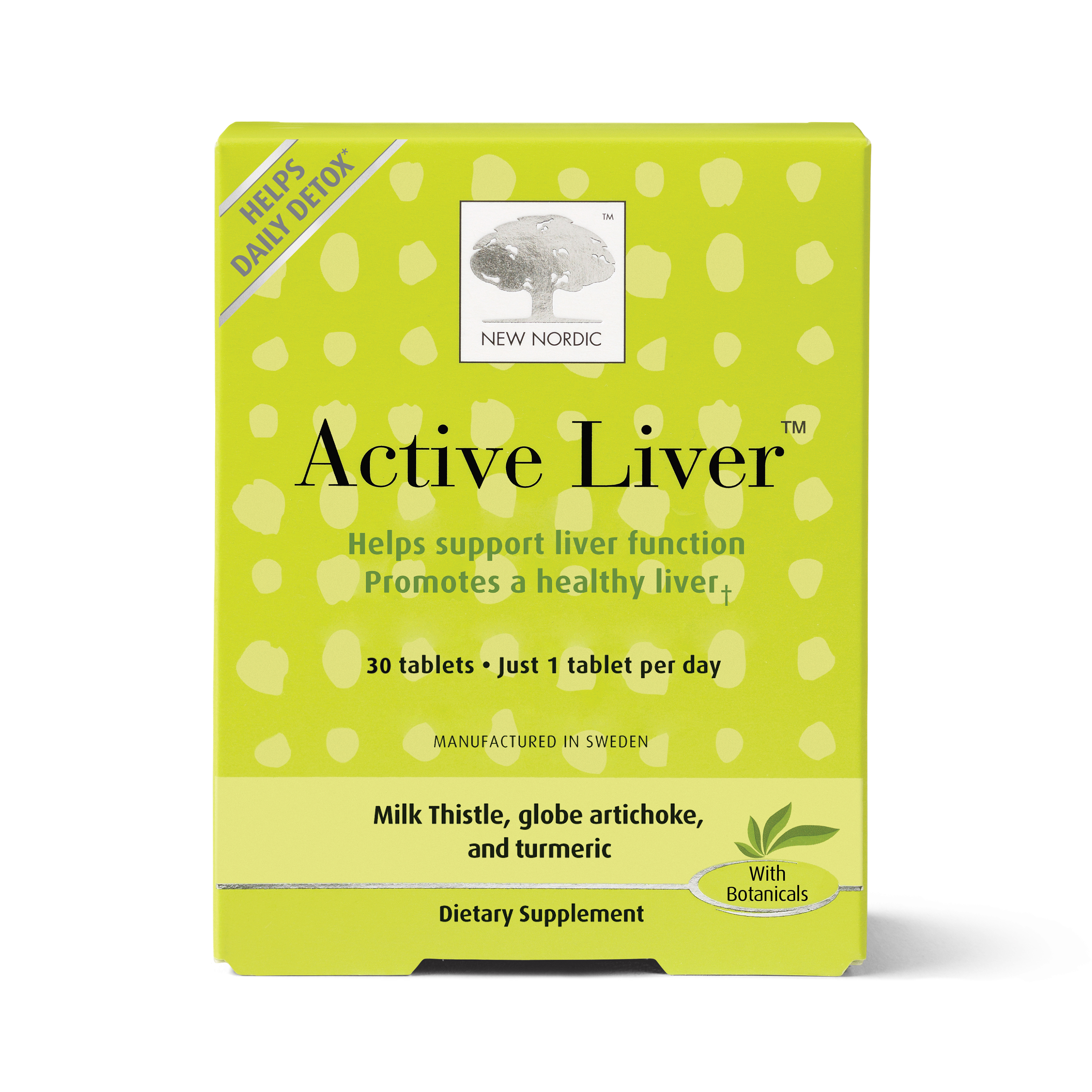)
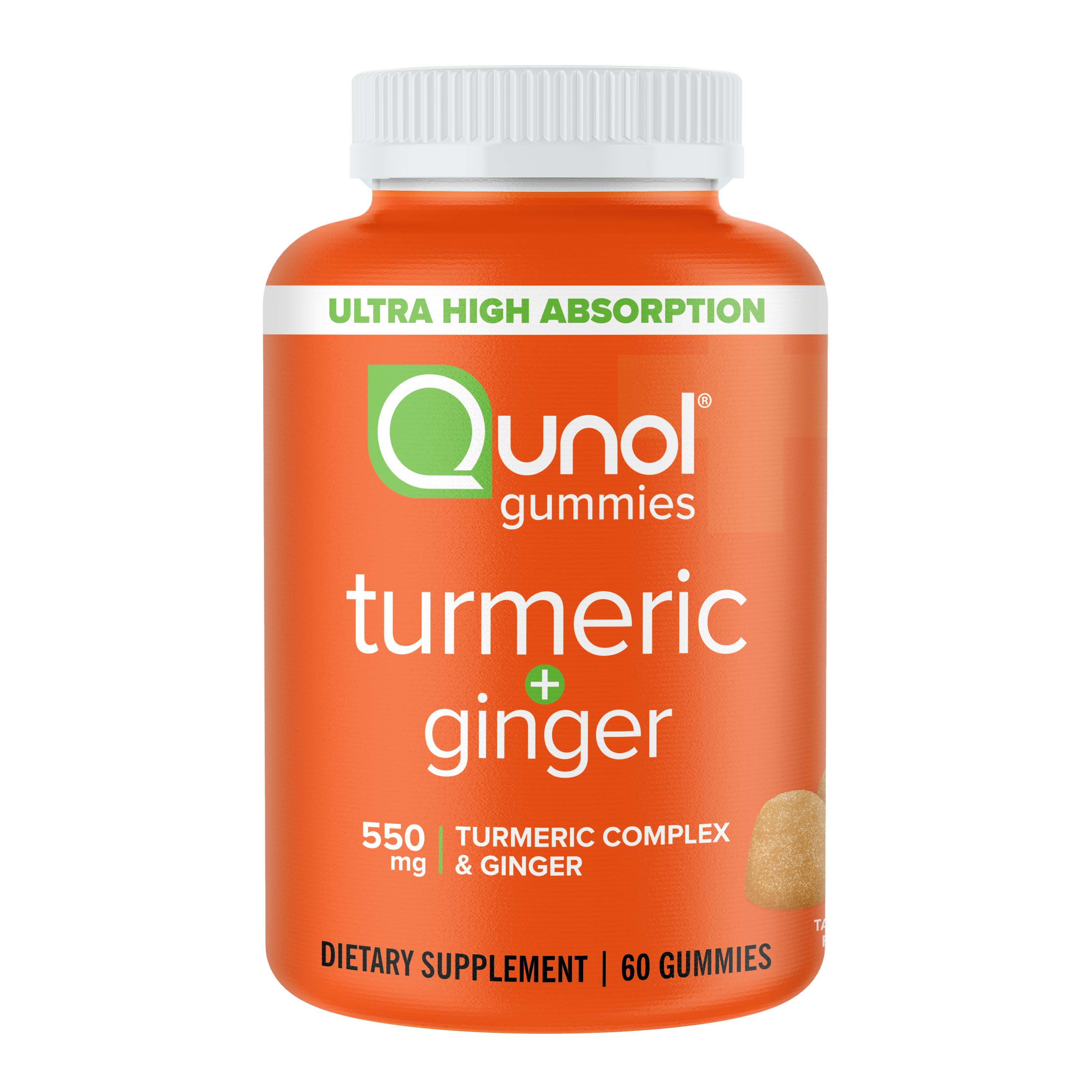)
)
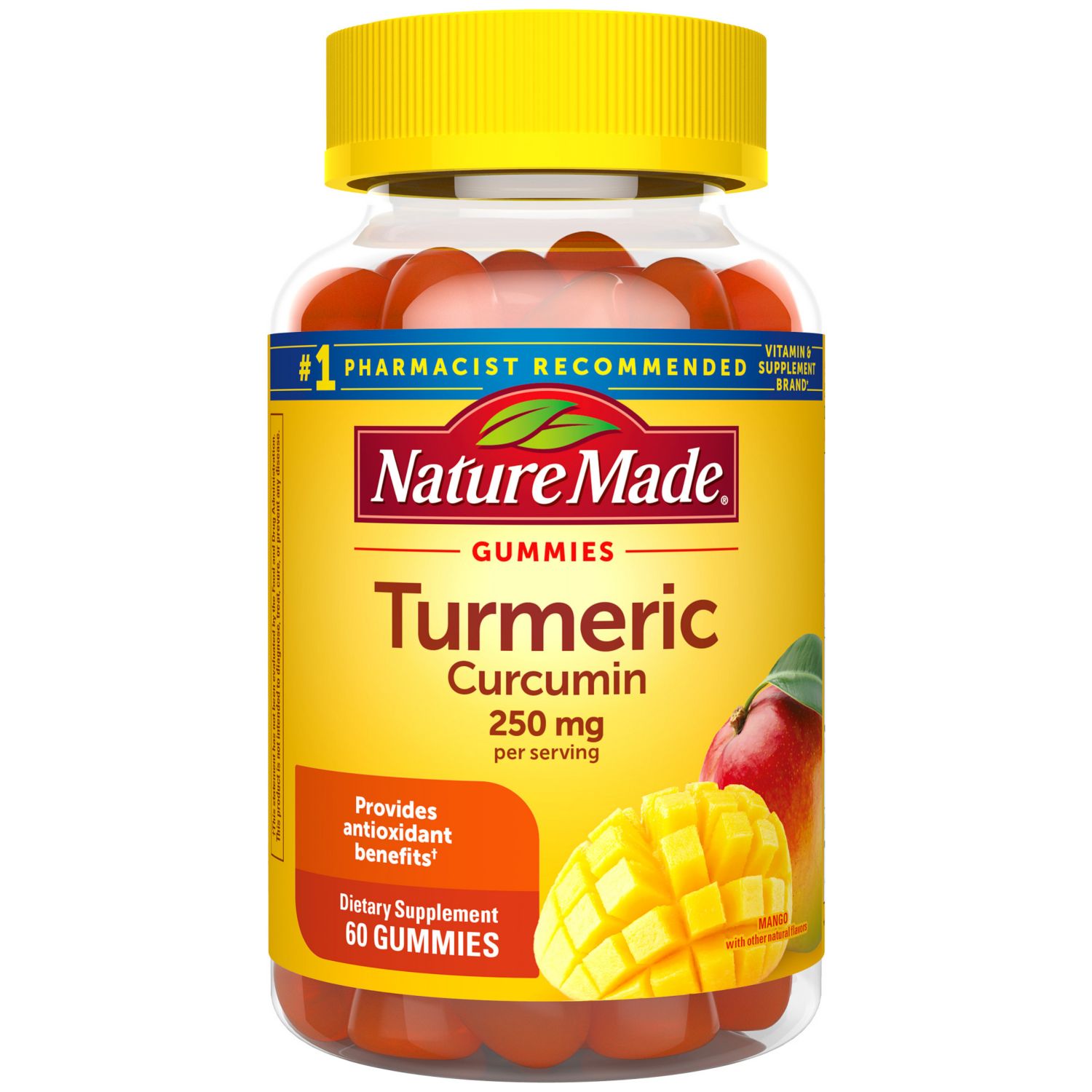)
)
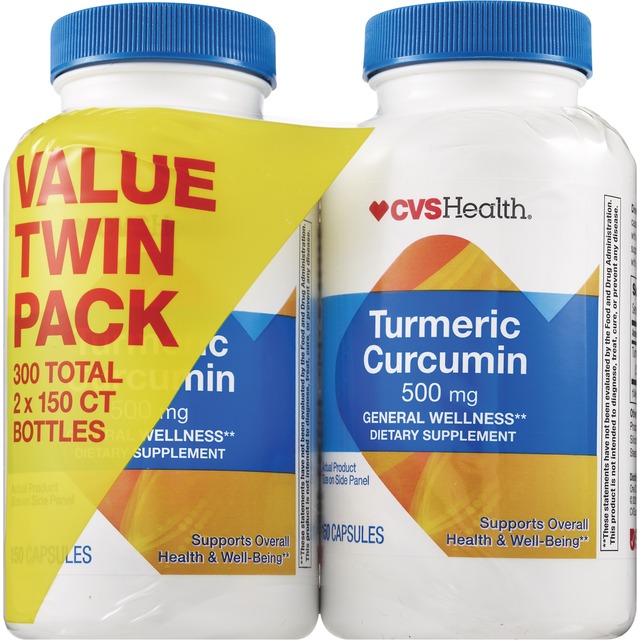)
)
Turmeric and Curcumin
Curcumin is poorly absorbed into the bloodstream, so it helps to take it with a fatty meal, as it is fat soluble. Also, piperine, found in black pepper, enhances the absorption of curcumin by 2,000%. So, it would be beneficial to eat a fatty, peppery meal when you take your turmeric supplement.
Herbal supplements may or may not give you the results that you want. It is important to consult your physician before starting any new supplements, as they can cause unforeseen interactions with other medications.
What Is Turmeric?
Turmeric is a spice found in many Indian and Asian dishes, but it's also a popular supplement that may help with a variety of conditions. This bitter-tasting spice has a rich orange color and is commonly found in several different herbal supplement products. It is a natural anti-inflammatory compound, which is important because it is believed that chronic inflammation plays a role in heart disease, cancer, Alzheimer's, metabolic syndrome and other various degenerative conditions. While most people take anti-inflammatory drugs such as NSAIDs like ibuprofen, turmeric can match the powerful effectiveness without any of the side effects. Before you take turmeric pills, read on to learn how this revered spice may help you get relief from inflammation, what turmeric is good for, and more.
What Does Turmeric Do?
Turmeric and its active ingredient, curcumin, have many health benefits. There is potential to help improve heart health and it is also a potent anti-inflammatory and antioxidant. Turmeric is also a good source of fibra, hierro, potasio y vitamina b6.
Most turmeric products contain curcumin, an important chemical found in this spice. Here are some of the benefits of taking turmeric pills:
• Widely known for its anti-inflammatory properties, turmeric may help with painful conditions like carpal tunnel syndrome, arthritis, and osteoarthritis. It may also help relieve the pain of inflammation-related headaches.
• Some research shows that turmeric pills may help to reduce depression symptoms in patients already taking a prescription antidepressant.
• Turmeric pills and supplements may also help to lower high cholesterol by lowering blood fats called triglycerides. Talk to your doctor before taking turmeric if you have high cholesterol.
• People with non-alcoholic fatty liver disease may benefit from taking turmeric. Some research shows that turmeric extract may reduce signs and symptoms of liver disease n people who have liver issues non-related to alcohol.
While turmeric is not a cure-all for what ails you, it may be beneficial in helping you with a number of conditions. As always, talk to your doctor before taking turmeric pills or any other supplements to make sure they're right for you. Read on to learn more about turmeric benefits.
How To Take Turmeric?
Turmeric is known to have many different health benefits. Luckily, there are many ways to incorporate turmeric into your lifestyle. Turmeric comes in two main forms - turmeric powder and turmeric capsules. With turmeric powder, you can mix it in with your food and drinks like soup or tea. Turmeric has a bit of a bitter taste but is masked well when mixed in with food. Turmeric pills are a great alternative when you want to take turmeric but don't want to add it to your food. Shop a wide variety of turmeric powders and turmeric pills from top brands at CVS.
What Is Turmeric Good For?
In studies involving people with high cholesterol, turmeric was shown to lower levels of triglycerides. In addition, turmeric may help to reverse steps in the heart disease process by improving the function of the endothelium, which is the lining of your blood vessels. It has shown to reduce the number of heart attacks that bypass patients experienced after surgery.
For osteoarthritis, whose pain is usually fought with ibuprofen, turmeric reduced pain and improved function as well as that painkiller. It is useful for endurance athletes as well who are looking for a new way to manage the inflammation brought by long miles running or biking.
Turmeric can also help improve the taste of your food. This spice can be incorporated into a variety of your favorite recipes. If you suffer from depression, try taking turmeric in combination with an antidepressant has been shown to help greatly reduce symptoms in depression sufferers.
What Are The Side Effects Of Turmeric?
Turmeric normally does not cause any side effects. But, some people may experience upset stomach, nausea, dizziness or diarrhea. Speak to your doctor before taking turmeric to ensure that it is the right supplement for you.
How Much Turmeric Can You Take a Day?
Turmeric's antioxidant activity has made it a popular herbal supplement since it would be difficult to reach beneficial levels just by using turmeric spice in your food. If you want to add it to your daily life, you should choose a 500mg dose of turmeric to take once a day that doesn't include any artificial ingredients or added dyes, etc. For the fullest effect, you will want a supplement that contains significant amounts of curcumin, as that is the main active ingredient in turmeric.
What Time of Day Should You Take Turmeric?
The best time of day to take a turmeric supplement is approximately three or more hours before or after you eat a meal. The turmeric will absorb much more effectively during times when your body is fasting. Some research also shows that adding turmeric to fatty recipes can also increase absorption. You should never take turmeric if you are taking any blood-thinning medications since this herb is known to have blood-thinning properties. Overall, it's best to take turmeric any time within a two or three-hour window of eating as long as you're not taking any medications that could contribute to thinner blood.
Búsquedas relacionadas
best cinnamon, equinácea, leche de cardo, essential vitamins, magnesium for heart health, fish oil for heart health, herbal teas

)